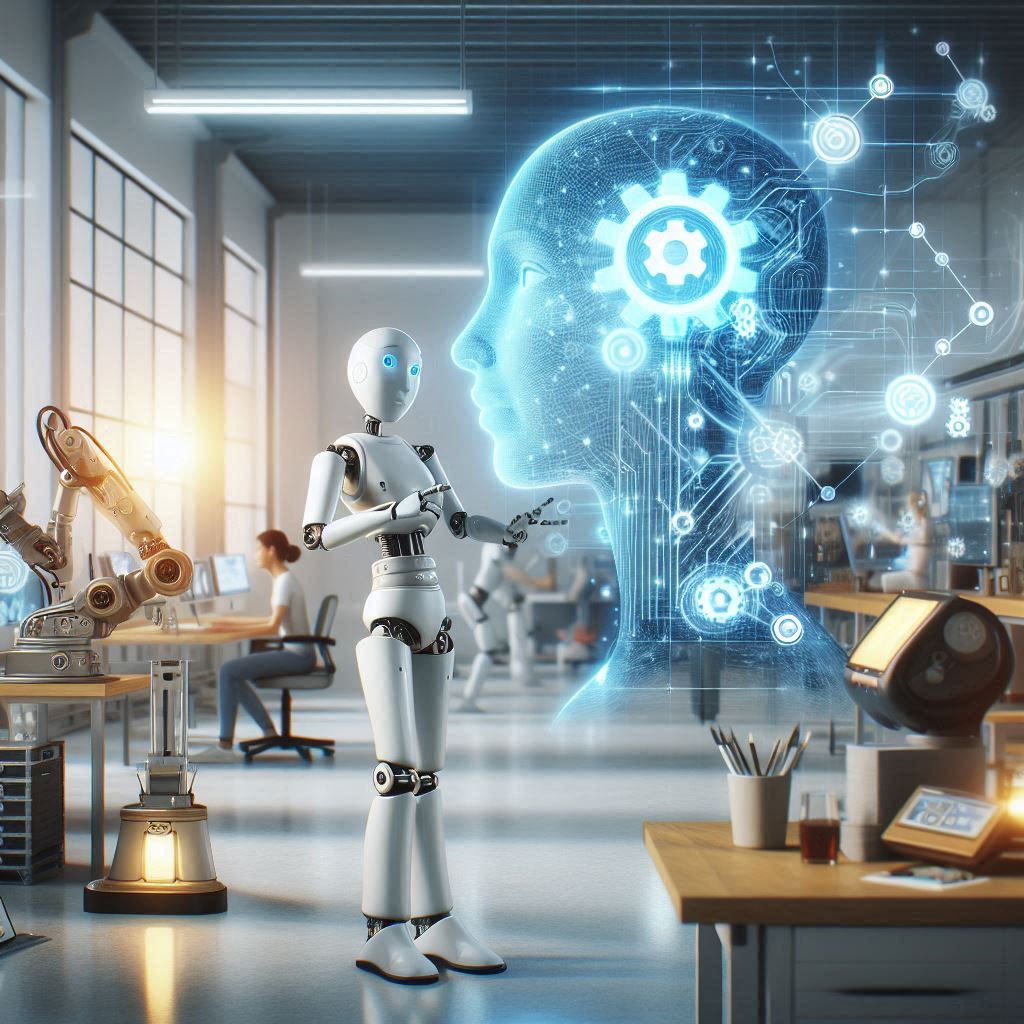Difference between your AI and automation
AI vs. Automation: What’s the Difference?
In today’s fast-evolving technological landscape, two terms frequently appear in discussions about innovation and efficiency: Artificial Intelligence (AI) and Automation. While both aim to streamline processes and enhance productivity, they are fundamentally different in their approach and capabilities. Understanding these differences is essential for businesses looking to adopt the right technology for their needs.
What is Automation?
Automation refers to the use of predefined rules and instructions to perform repetitive tasks without human intervention. It eliminates manual effort by following a set workflow, ensuring speed, accuracy, and consistency.
Key Features of Automation:
✅ Follows a set of predefined rules.
✅ Does not adapt or learn over time.
✅ Designed for repetitive, structured tasks.
✅ Reduces human intervention and errors.
Examples of Automation:
- Manufacturing Robots: Automated assembly lines that produce goods at scale.
- Email Autoresponders: Pre-configured replies to customer inquiries.
- Data Entry Automation: Software that extracts and processes information without manual input.
- Payroll Processing: Automated salary calculations and direct deposits.
What is Artificial Intelligence (AI)?
AI refers to the simulation of human intelligence in machines, enabling them to analyze data, learn patterns, and make decisions. Unlike automation, AI adapts over time and can handle unstructured, complex problems without relying solely on predefined rules.
Key Features of AI:
✅ Learns from data and improves over time.
✅ Can handle both structured and unstructured tasks.
✅ Makes decisions based on patterns, not just fixed rules.
✅ Mimics human-like reasoning and problem-solving.
Examples of AI:
- Chatbots with NLP: AI-driven assistants that understand and respond naturally to user queries.
- Recommendation Systems: Platforms like Netflix and Amazon suggesting content based on user behavior.
- Self-Driving Cars: Vehicles using AI to detect objects, navigate, and make real-time driving decisions.
- Fraud Detection: AI analyzing transaction patterns to detect anomalies and prevent fraud.
AI vs. Automation: The Core Differences
| Feature | Automation | Artificial Intelligence (AI) |
|---|---|---|
| Function | Follows predefined rules | Learns, analyzes, and makes decisions |
| Flexibility | Fixed tasks, does not adapt | Adaptive and improves with experience |
| Decision-Making | No decision-making, only executes tasks | Can analyze data and make predictions |
| Learning Ability | No learning capability | Uses Machine Learning (ML) to improve over time |
| Complexity | Suitable for simple, repetitive tasks | Handles complex and dynamic problems |
AI + Automation: A Powerful Combination
While AI and automation are distinct, they are not mutually exclusive. In fact, combining them leads to Intelligent Automation, where AI enhances automated processes by adding adaptability and decision-making capabilities.
Examples of AI-Driven Automation:
- Smart Customer Support: AI chatbots that answer FAQs automatically but escalate complex issues to human agents.
- Predictive Maintenance: AI analyzing machine data to predict failures and trigger automated maintenance actions.
- Dynamic Pricing Models: AI adjusting product prices based on demand, competition, and historical trends.
- Healthcare Diagnostics: AI reviewing medical scans and automating reporting processes for doctors.
Which One Does Your Business Need?
✅ Choose Automation if: You need to streamline repetitive tasks with fixed rules (e.g., payroll processing, email marketing, assembly lines).
✅ Choose AI if: You require a system that can analyze, adapt, and make intelligent decisions (e.g., fraud detection, chatbots, recommendation engines).
✅ Use Both Together if: You want to optimize workflows using automation while enhancing decision-making with AI-driven intelligence.
Final Thoughts
While automation helps improve efficiency by executing predefined tasks, AI takes technology to the next level by enabling learning, decision-making, and adaptation. Businesses leveraging both AI and automation can achieve optimal productivity, cost savings, and innovation.
At Winix Technologies, we specialize in AI-powered solutions and automation technologies to help businesses scale effectively. Whether you need process automation or advanced AI integration, we can build the right solution for you!
📧 Contact us today at info@winixtechnologies.com to discuss your AI and automation needs!



